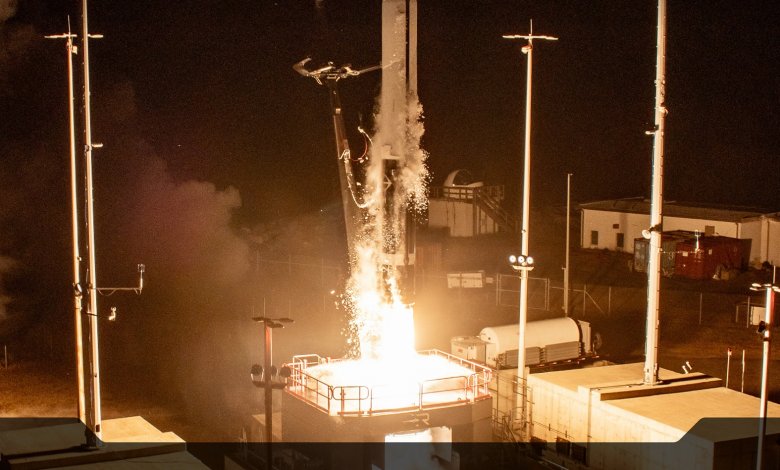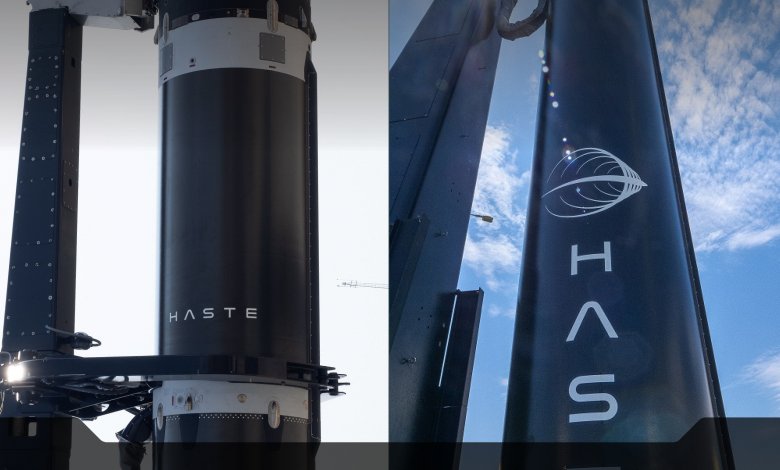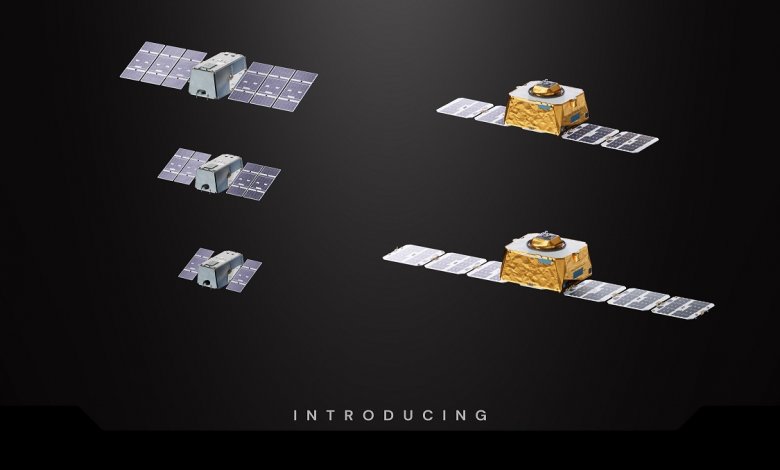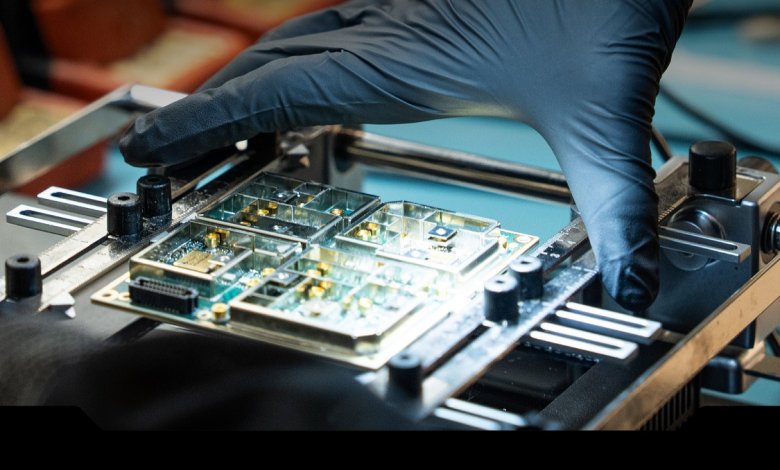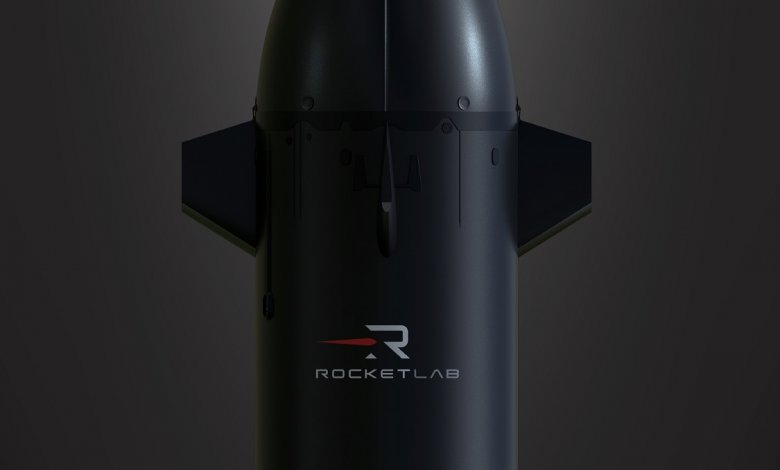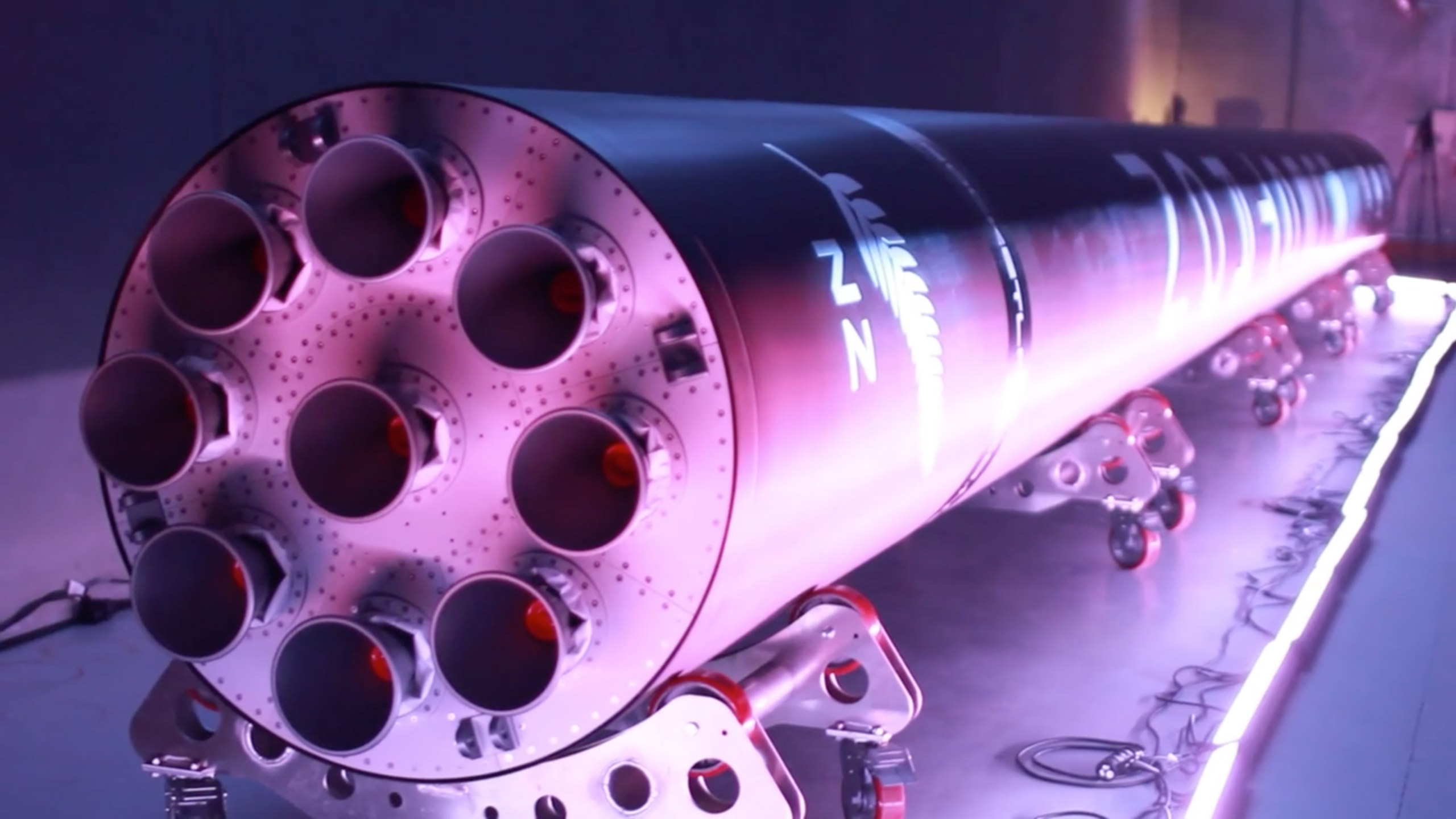
In a move to make space more accessible, Rocket Lab has released a system for booking satellite launches online.
The system, announced today at the SmallSat conference in Utah, enables CubeSat customers to request a booking on Rocket Lab’s Electron, selecting a date, destination and even allowing them to select their position on the rocket.
“In addition to affordable and frequent launch, making space accessible means giving customers information about what they can launch, when they can launch it, and how much it’s going to cost,” said Peter Beck, Rocket Lab CEO. “Previously, this information has been widely difficult to access and the booking process was often cumbersome – now you can do this on your phone.”
Rocket Lab has seen significant interest in its CubeSat launch service, with many flights over 80 per cent full for the next three years.
“We’re determined to make space accessible for commercial applications,” Beck said. “Many organizations need to start utilizing satellites to provide competitive advantages in their daily work—be it resource management, data gathering, or improved communications technology.”
The system released today is for customers looking to launch CubeSats. Like many other technologies, satellites have considerably reduced in size. CubeSats are a standardized platform that can be configured to be as small as a 100mm by 100mm cube, weighing less than 2 kilograms.
CubeSats can be used for services including weather monitoring, maritime data gathering, crop optimization and natural disaster management.
CubeSat launch prices when Rocket Lab’s booking system was released were:
- USD$50,000 – $90,000 for a 1u cube satellite launch
- USD$180,000 – $250,000 for a 3u cube satellite launch (3 x 1u)
Launch prices reduce or increase based on available space and proximity to the launch date. Destinations offered include sun-synchronous and 45 degrees.
“As we learn more about our customers’ needs and preferences, we’ll develop additional features on the system,” said Beck.



